Water Watch
Data Drives Action for Clean Water
Pollution and contamination, wetland destruction, failed environmental oversight, and climate change are all threatening the health of your waterways. Water Watch identifies and documents local water quality problems so our community can take action to fix them.
Water Watch projects test for contaminants and pollutants like bacteria, pathogens, plastic pellets, hydrocarbons, and pesticides. The program also monitors water quality indicators and habitat health by documenting trends in temperature, dissolved oxygen, salinity, phytoplankton diversity, and invasive algae species.
Charleston Waterkeeper uses Water Watch data to drive change for clean water by identifying pollution problems, advocating for better protections, and advancing action to improve water quality. To date, Water Watch has:
- Upgraded local water quality standards
- Attracted federal and state funding for water quality improvement
- Identified the types of pollutants entering your rivers and creeks
- Documented hotspots for pollution
- Influenced state legislation and local ordinances
- Helped state environmental document the health of local waterways
- Investigated polluters and enforced environmental laws
- Supported graduate and undergraduate scientific training and research
- Assisted in academic and scientific research
- Engaged locals in monitoring the health of local waterways
- Informed the public about when and where it is safe to swim
Water Watch Projects
Water Quality Projects
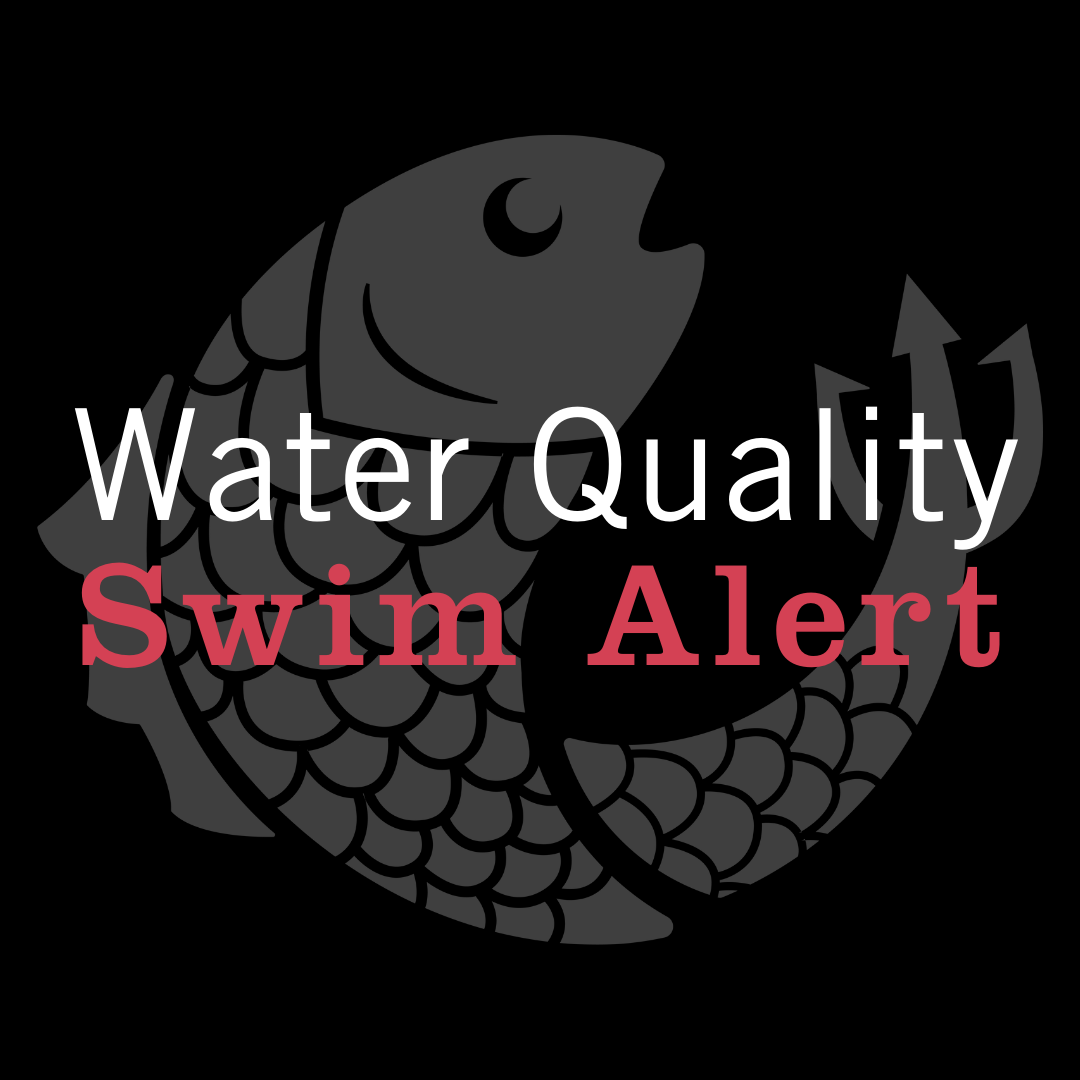
Swim Alert
We test bacteria levels as 20 hotspots for recreation so you know when and where it’s safe to swim
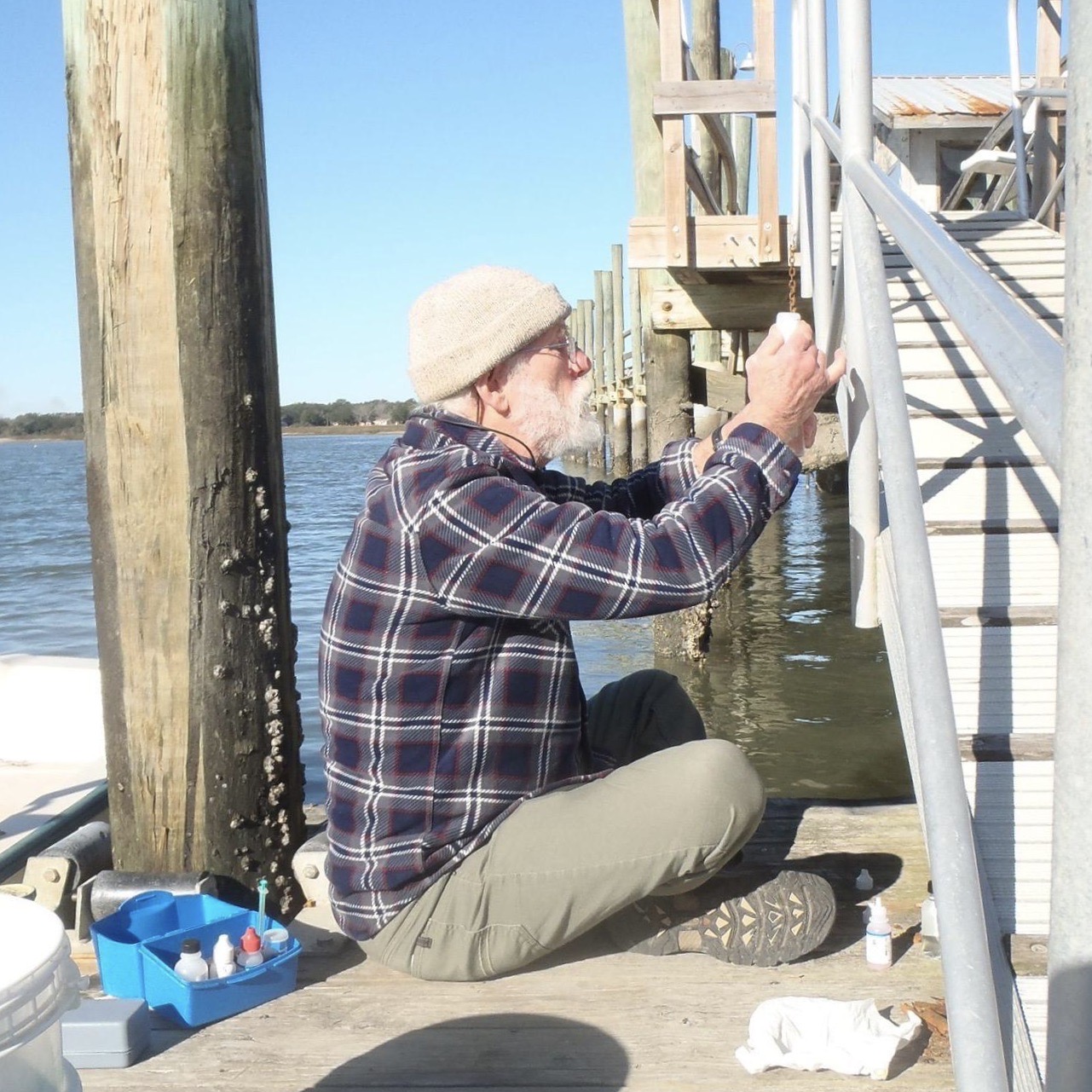
Creek Watcher
We test temperature, salinity, dissolved oxygen, pH, and clarity levels to keep tabs on the health of your waterways and identify pollution problems.
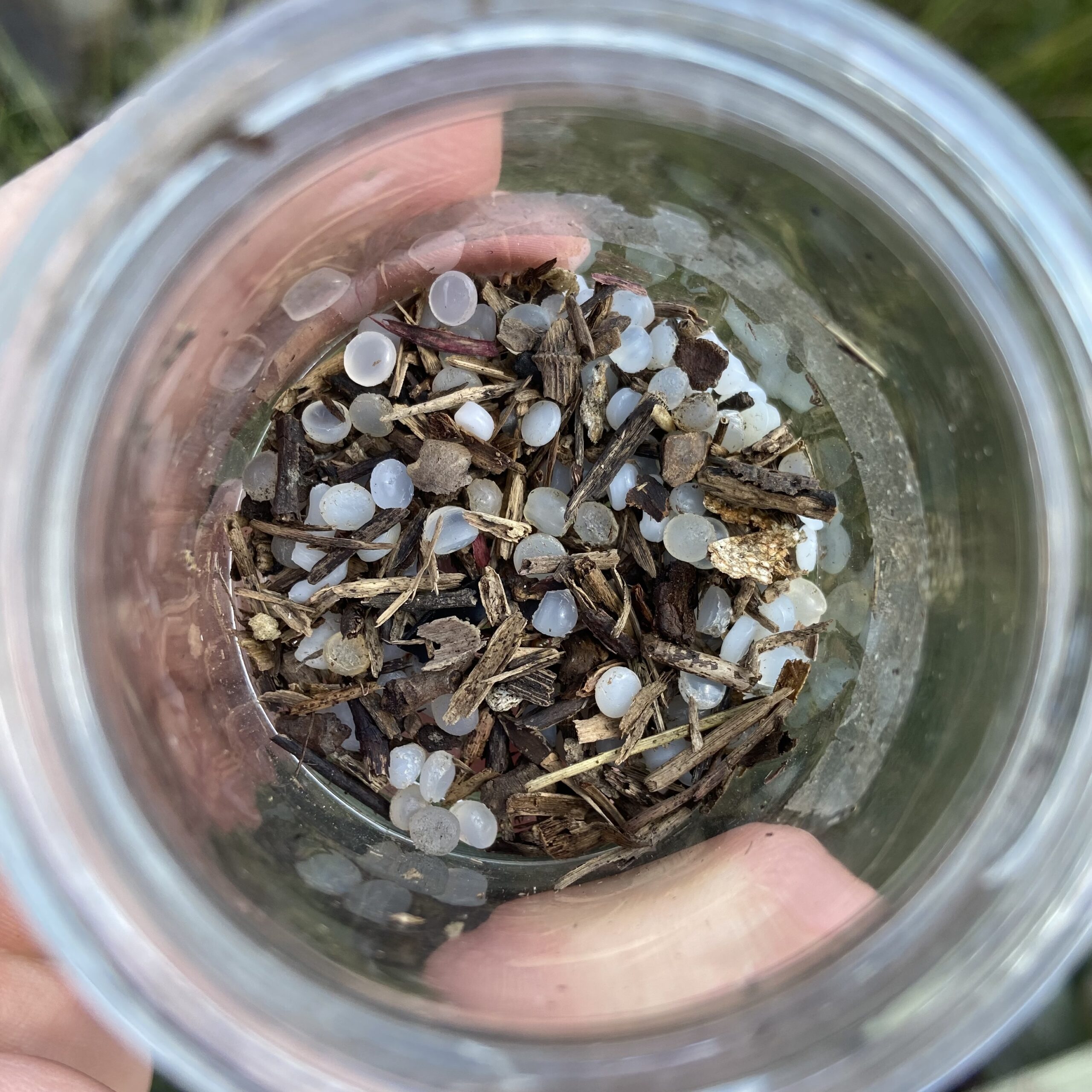
Nurdle Tracker
We document plastic pellet pollution in local waterways and on local beaches to uncover sources and hold polluters accountable.
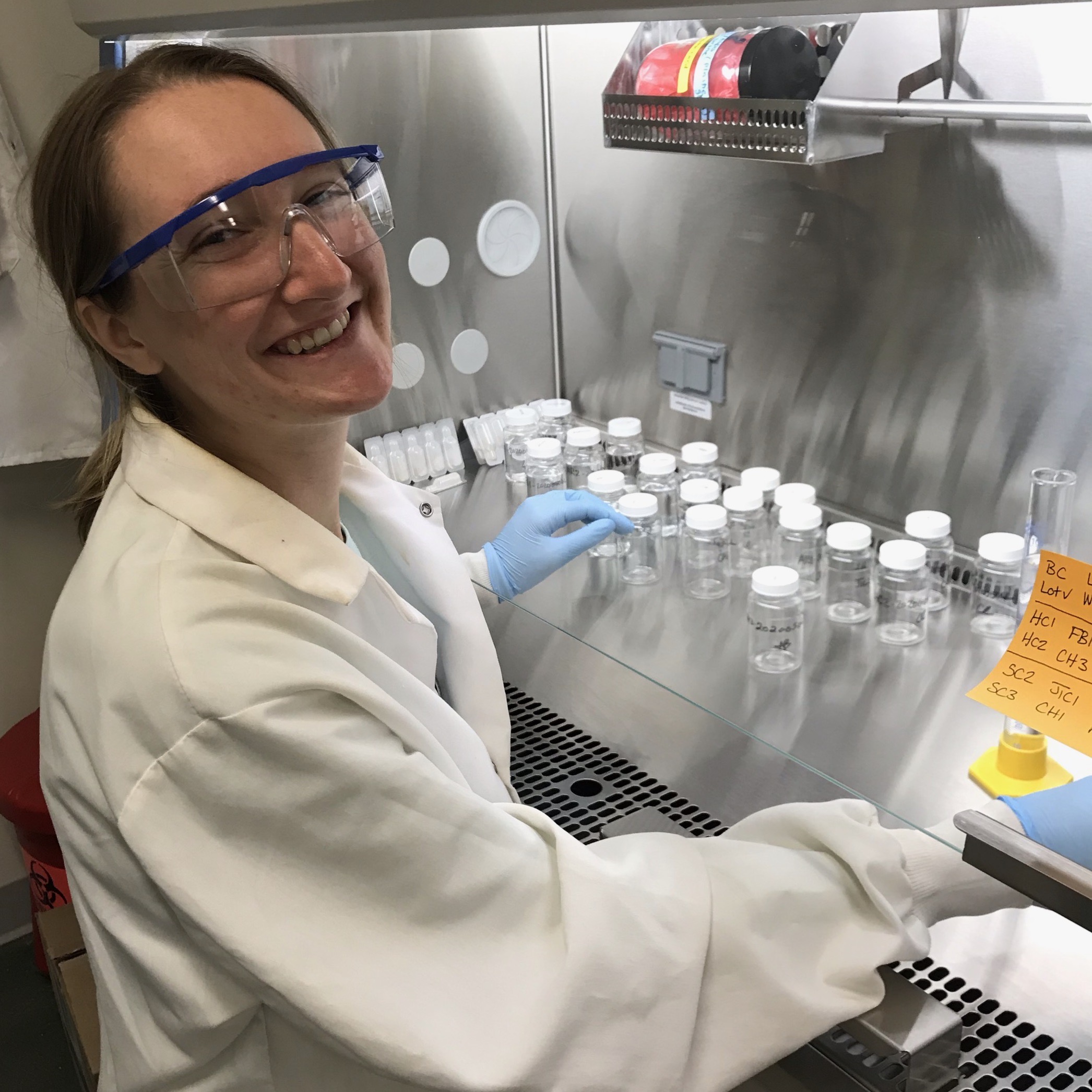
Pathogen Census
We are helping use DNA science to identify the types of pathogens present in local waterways so you can stay safe on the water.
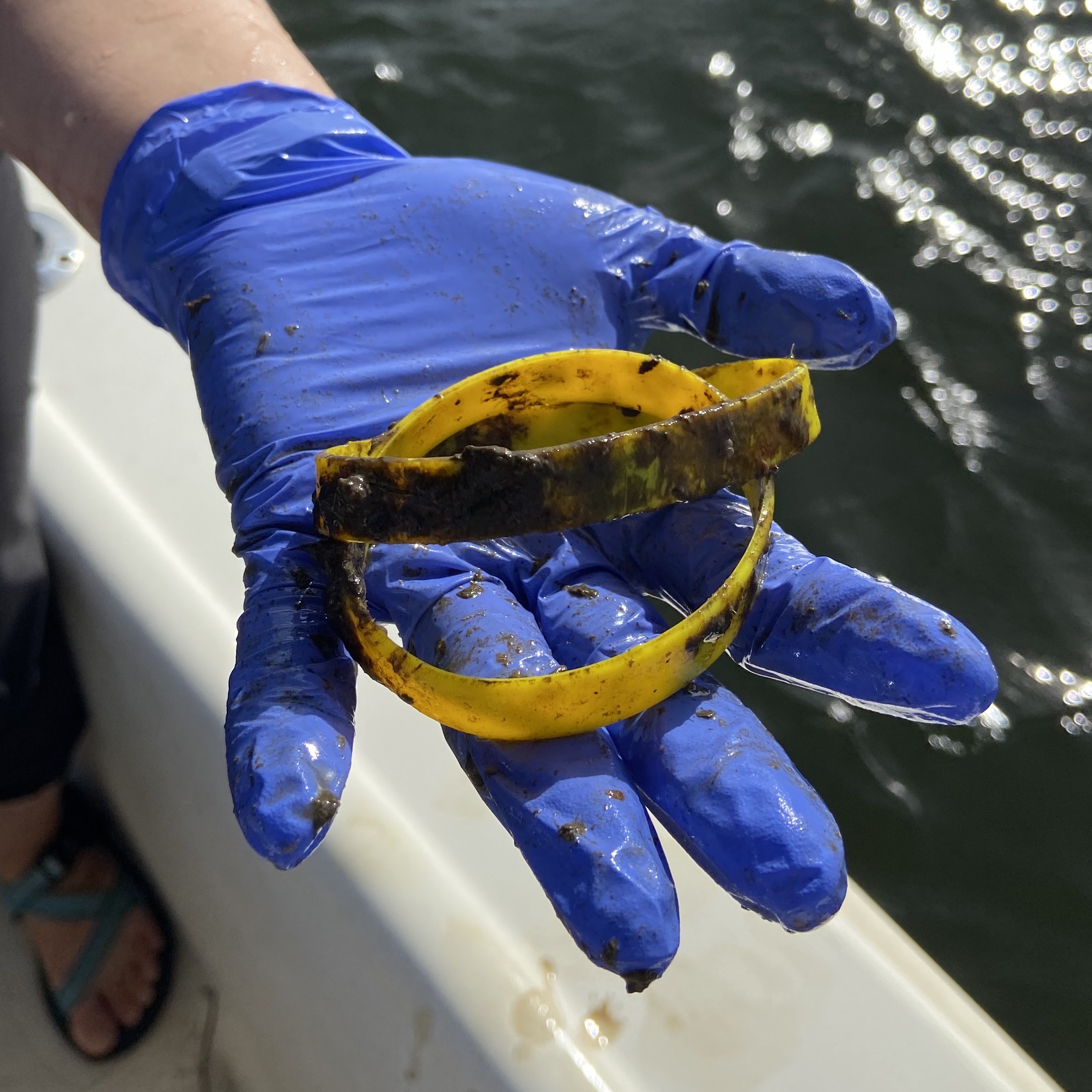
Contaminant Monitoring
We are helping pilot the use of silicone bands for monitoring contaminants like pesticides and hydrocarbons in your local waterways.
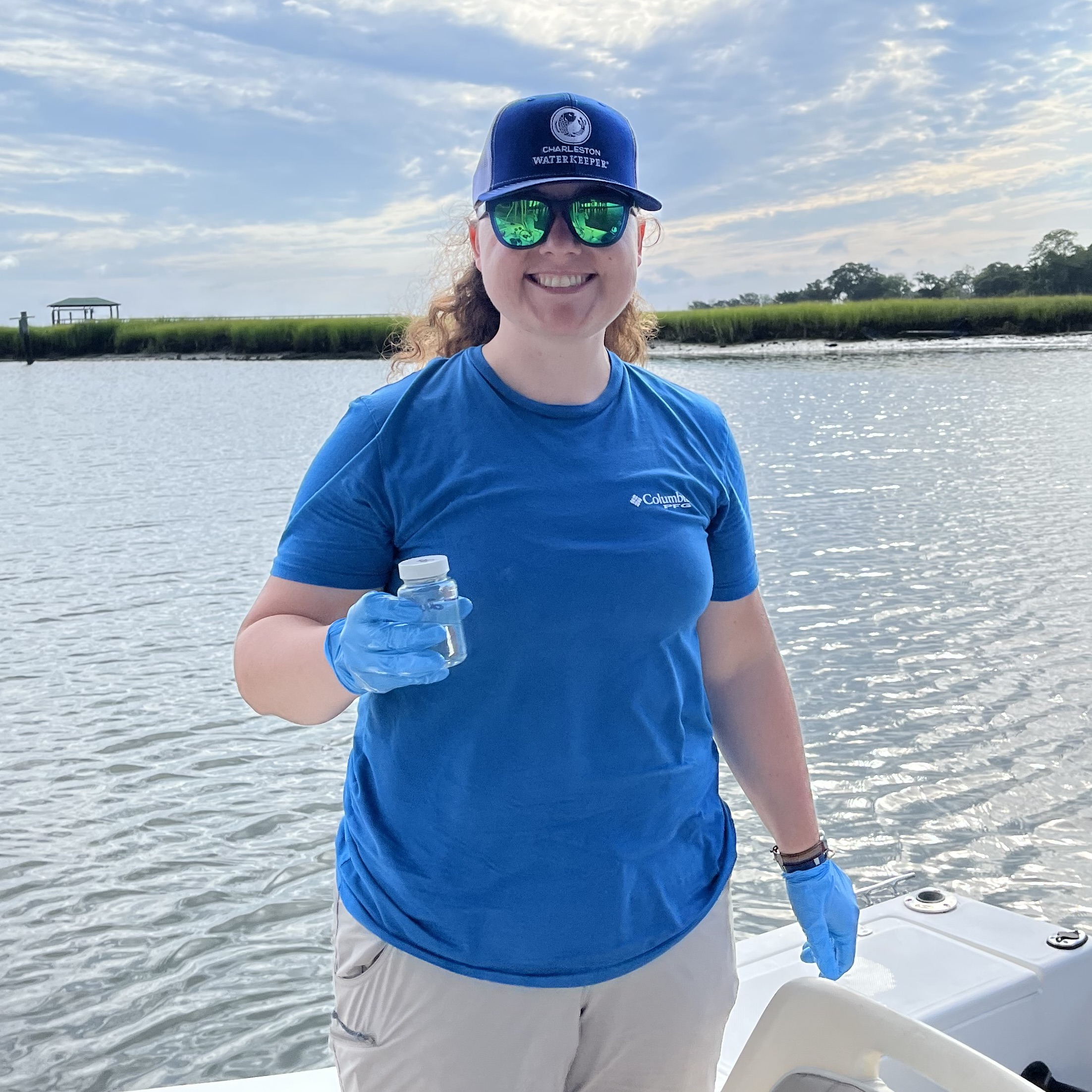
Bacterial Genomics
We are helping to identify all the bacteria species present in local waterways so you can enjoy the water without getting sick.

Phytoplankton Survey
We are helping to document the phytoplankton community in local waterways to understand ecological health in the face of climate change.

Marine Debris Patrol
We document marine debris to support policy and advocacy efforts to stop litter at the source before it ends up in your waterways.
